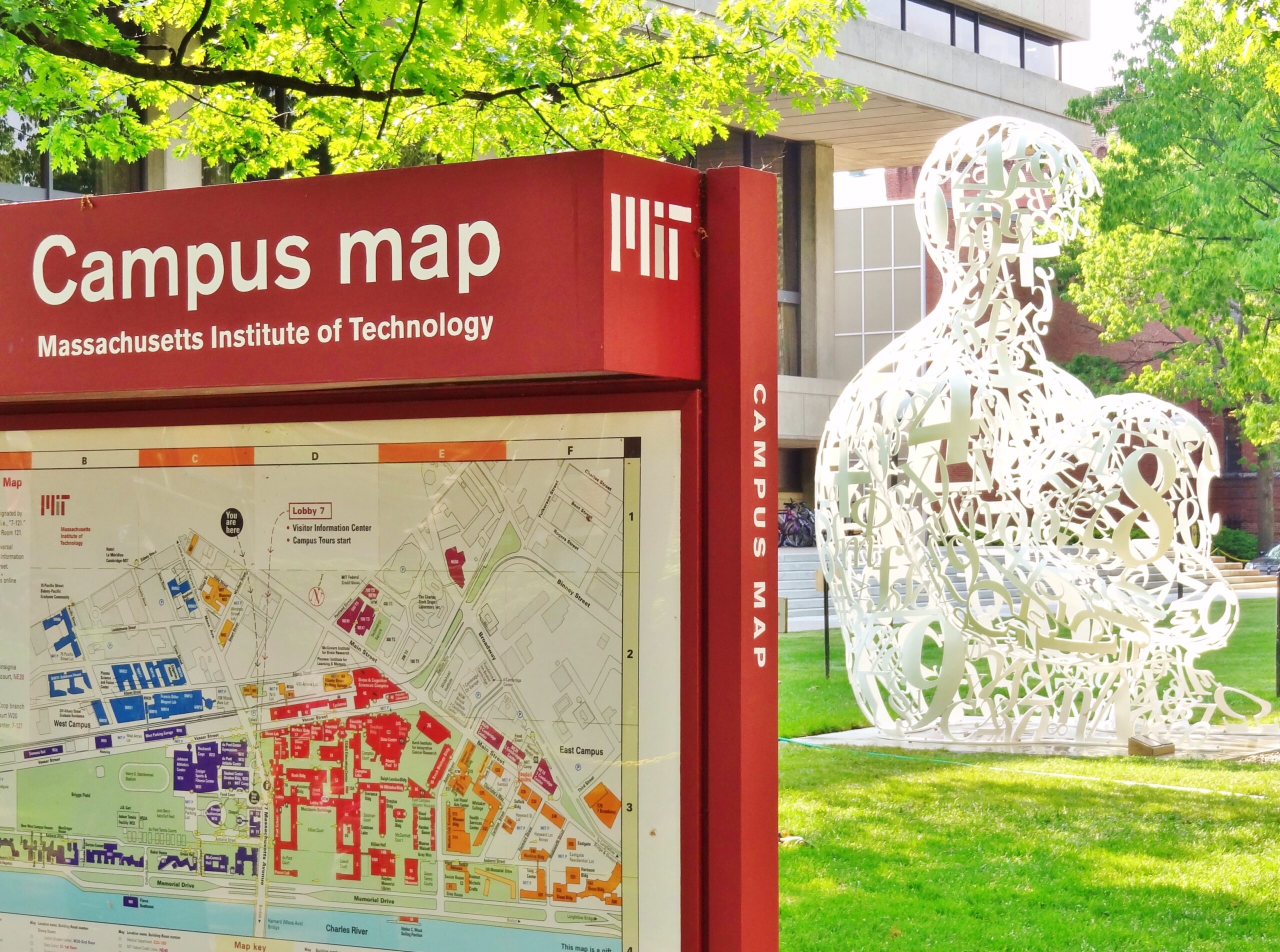A group of graduate students from the Massachusetts Institute of Technology (MIT) have taken legal action against the United Electrical Workers (UE) and MIT Graduate Students Union (GSU) over allegations of discrimination. The students filed federal discrimination charges with the Equal Employment Opportunity Commission (EEOC) last week, accusing the union officials of unlawfully denying their requests for religious exemptions from paying union dues.
The students, William Sussman, Joshua Fried, Akiva Gordon, and Adina Bechhofer, are of Jewish faith and are engaged in various research activities at MIT. They argue that the union’s endorsement of the anti-Israel “Boycott, Divestment and Sanctions” (BDS) movement constitutes anti-Semitic advocacy, which goes against their religious beliefs and cultural heritage.
Despite submitting individual letters asserting their religious objections and requesting accommodations, the students claim that the union officials rejected their requests and continue to demand dues payments.
The students are invoking Title VII of the Civil Rights Act of 1964, which mandates religious accommodations to payment of dues or fees for individuals with sincere religious objections. The National Right to Work Legal Defense Foundation is providing free legal aid to the students in their pursuit of justice.
In a separate case, Sussman had previously won a settlement against GSU union officials in February concerning the union’s dues demands. However, the current EEOC case seeks broader action, aiming to halt all financial support to the union based on religious objections.
If the EEOC finds merit in the students’ discrimination charges, legal action could be taken against the union, or the students may be issued a “right to sue” letter for federal civil rights litigation. The National Right to Work Foundation has also notified MIT President Sally Kornbluth of the situation, warning of potential charges against the university if the matter is not addressed promptly.
Commenting on the case, National Right to Work Foundation President Mark Mix criticized the union’s refusal to grant religious accommodations to the students, describing it as both illegal and unconscionable. He pledged legal support to ensure the students’ freedom from what he termed a “tyrannical union hierarchy.”
The outcome of this case could have broader implications for the rights of individuals seeking religious exemptions from union dues, particularly in states lacking Right to Work protections like Massachusetts.
